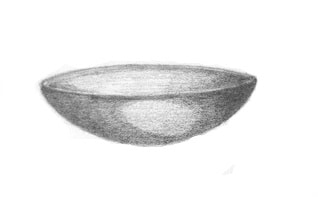Three Fisher Girls, Winslow Homer
why prov.en.der?Teaching can be a hard life. There is a reason Parker Palmer calls his book The Courage to Teach: parent expectations, board politics, high-stakes tests, budget constraints and certification requirements can daunt even the most stalwart and starry-eyed, can send us scrambling for the latest technique and classroom fix. Ultimates like Truth, Beauty and Goodness (to say nothing of the children) that called us to the classroom can be lost in the furor of meeting objectives, or simply surviving the day.
But what if teaching didn’t have to be that hard? What if there was an education written into the nature of things that could make teaching easy -- joyful even, if we just stopped long enough to attend? Charlotte Mason was a 19th Century educator who paid exquisite attention and recognized “that a person is not built up from without but from within, that is, he is living, and all external educational appliances and activities intended to mould his character are decorative and not vital.” There is hope. And at prov.en.der we're all about sharing it. |
We receive it (the idea) with appetite and some stir of interest. It appears to feed in a curious way. We hear of a new patent cure for the mind or the body, of the new thought of some poet, the new notion of a school of painters; we take in, accept, the idea and for days after every book we read, every person we talk with brings food to the newly entertained notion. "Not proven," will be the verdict of the casual reader; but if he watch the behavior of his own mind towards any of the ideas "in the air," he will find that some such process as I have described takes place; and this process must be considered carefully in the education of children. |


